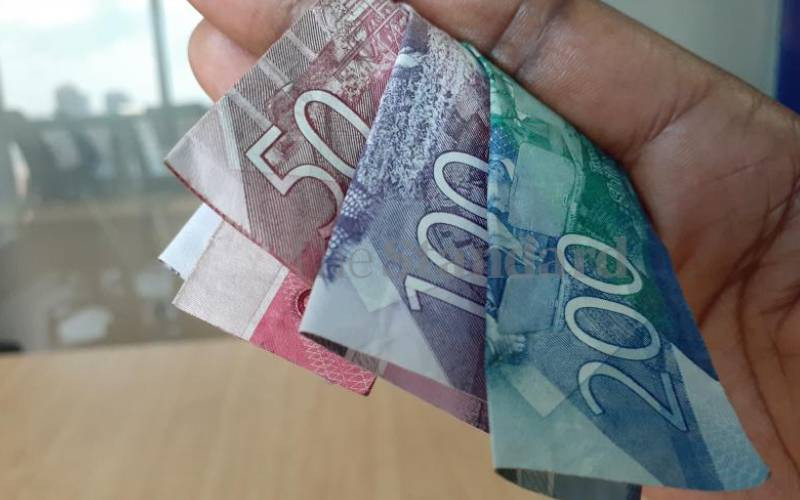×
The Standard e-Paper
Kenya’s Boldest Voice

The shilling is projected to depreciate further against the US dollar and may come under additional pressure from a slowing economy and tighter global economic conditions, a new study says.
According to the African Development Bank (AfDB), the tightening global financial conditions are set to continue destabilising the foreign exchange markets of most African countries including Kenya.